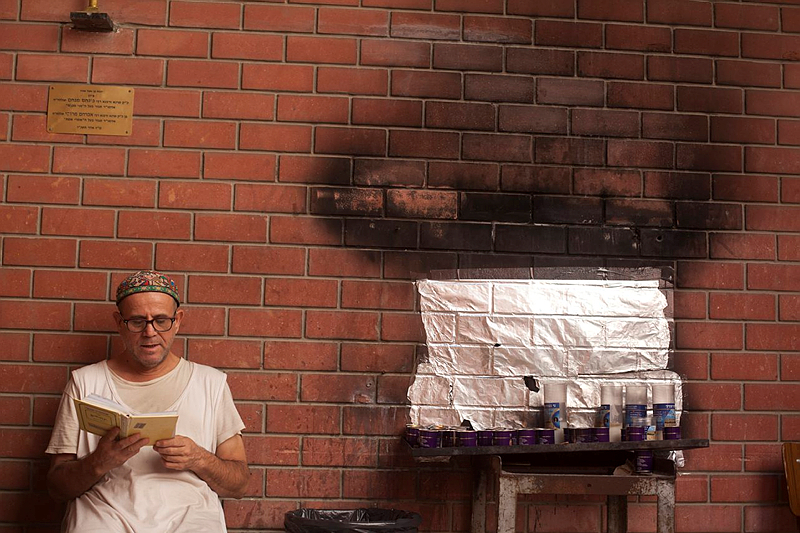While one might have ulterior motives when doing acts of kindness for living people, there are no ulterior motives when showing kindness or tending to the dead. The beneficiary of this kindness can never repay you.
This week’s Torah portion is Vayechi (Genesis 47:28-50:26), and in it we read about the death of Jacob.
Before he died, Jacob asked Joseph to “perform an act of kindness and truth for me. Do not bury me in Egypt.”
Regarding this request, our sages teach, “Kindness that is done with the deceased is called a chesed shel emet (kindness of truth) because one clearly does not seek for a favor performed for the deceased to be returned.”
It is explained that while one might have ulterior motives when doing acts of kindness for living people – hoping, perhaps, to use them as leverage for a favor in return – there are no ulterior motives when showing kindness or tending to the dead. The beneficiary of this kindness can never repay you.
It is noted, however, that the theory that one can never hope to be paid back for acts of kindness performed for the deceased seems to contradict the Talmudic teaching that “one who eulogizes, will be eulogized, and one who buries, will be buried.” This seems to indicate that one can indeed expect rewards when tending to the needs of the dead and performing acts of kindness for them!
It is explained that when our Sages say that one does not perform acts of kindness for the dead for the sake of a reward, it does not mean that one will not benefit in any way from that deed. Rather, it means that a person has far less concern about being repaid for such acts of kindness for a dead person.
Why the difference in drive or expectation for reward between the living and the dead? It is because when one is occupied with the needs of one who has died, one gains a different perspective on life. One learns to see things differently. Indeed, one who merely attends a funeral, especially when the person died in tragic circumstances, will likely leave the funeral a little more humbled.
Perhaps the meaning of a “kindness of truth” has nothing to do with reward, whether large or small, such as an expression of gratitude from the surviving family members or a good eulogy at one’s own funeral. Maybe, just maybe, “kindness of truth” means that when performing an act of kindness for the dead, one gains “truth” – a true perspective on what’s important in life, which has nothing to do with rewards or recognition.
For more insights by Rabbi Ari Enkin on this week’s Torah portion, click on the links below.
https://unitedwithisrael.org/living-torah-stay-focused/
https://unitedwithisrael.org/living-torah-sometimes-we-should-just-give-in/
https://unitedwithisrael.org/living-torah-a-nation-of-lions
https://unitedwithisrael.org/death-or-life/
https://unitedwithisrael.org/the-blessing-of-the-smile/
By: Rabbi Ari Enkin, Rabbinic Director, United with Israel
Bring Joy to Israeli Soldiers - Send Winter Care Packages!
We are honored to thank the young men and women of the IDF who risk their lives every day to defend the citizens of Israel.
Join us in sending winter care packages and personal notes of support to Israeli soldiers who are out in the cold all day.
Warm up a soldier's heart with essential winter wear including fleece jackets, hats, gloves and more. Keep an entire unit warm!
THE SOLDIERS REALLY APPRECIATE YOUR LOVE AND CONCERN!
Click Here to Send Your Gift and Personal Note to Israeli Soldiers
Do You Love Israel? Make a Donation - Show Your Support!
Donate to vital charities that help protect Israeli citizens and inspire millions around the world to support Israel too!
Now more than ever, Israel needs your help to fight and win the war -- including on the battlefield of public opinion.
Antisemitism, anti-Israel bias and boycotts are out of control. Israel's enemies are inciting terror and violence against innocent Israelis and Jews around the world. Help us fight back!
